
Following five years of scrutiny, more than ten retractions, multiple settled lawsuits, and medical board reprimands, we may finally have some resolution on the case of Anil Potti, the once-rising cancer research star who resigned from Duke in 2010.
While there have been numerous allegations of misconduct in Potti’s work, and strong comments to that effect by Potti’s former mentor, Joseph Nevins, there has been no official finding. Today, that changes. Potti “engaged in research misconduct,” the Office of Research Integrity (ORI) concludes in a report to be published in the Federal Register on Monday.
Potti — referred to as “respondent” in the report — included “false research data” in reports of research from six different NIH grants, according to the ORI: Continue reading It’s official: Anil Potti faked cancer research data, say Feds

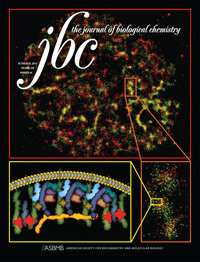
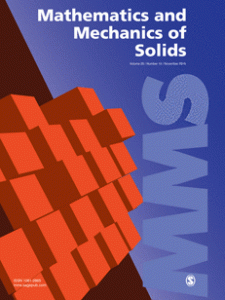 Thirteen papers in Mathematics and Mechanics of Solids now have an expression of concern, after it came to light that an author on most of the papers coordinated the peer-review process.
Thirteen papers in Mathematics and Mechanics of Solids now have an expression of concern, after it came to light that an author on most of the papers coordinated the peer-review process.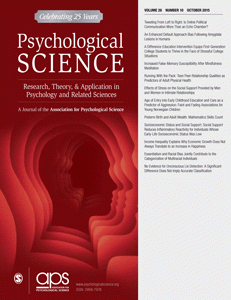
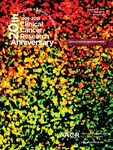



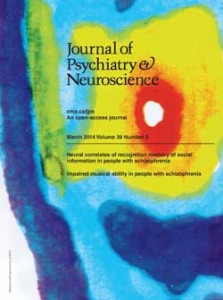 An investigation at the University of Illinois at Chicago has found “a preponderance of evidence” that a psychiatrist who has received millions of dollars in federal funding has committed misconduct.
An investigation at the University of Illinois at Chicago has found “a preponderance of evidence” that a psychiatrist who has received millions of dollars in federal funding has committed misconduct.